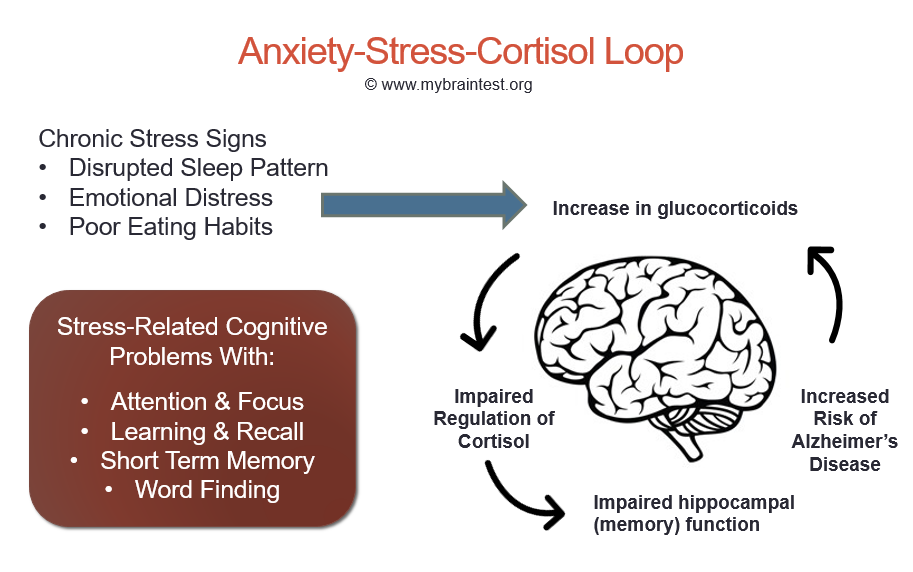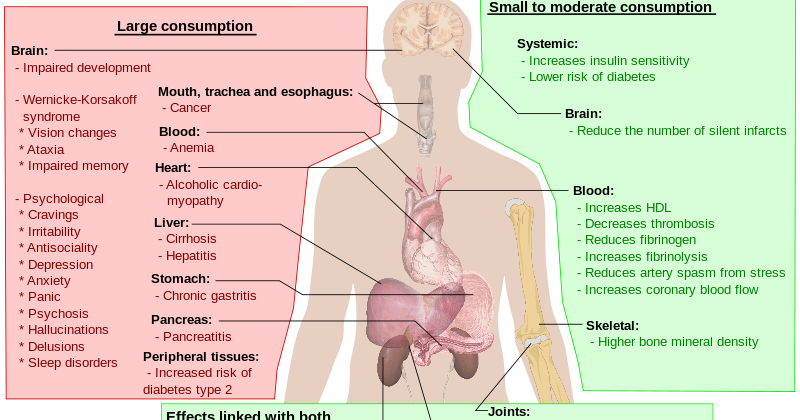Keeping your cool
Top 10 Tips for Keeping Your Cool
Thomas Jefferson once said, “Nothing gives one person so much advantage over another as to remain cool and unruffled under all circumstances.” Keeping your wits about you when the kids are acting up, your boss is down on you, and your mate is all over the map can be a challenge. Here are 10 tools to help you manage your mood and maintain your balance.
- Think before you act. This includes saying things as well as doing them. Putting your brain in gear before engaging in a verbal assault will help you prevent any escalation and keep the situation under control.
- If someone hurts you, let him or her know it. Don’t hold it in or act it out. Simply say, “What you said hurt my feelings. Please don’t do that again.”
- Learn about your triggers and avoid them. For example, if traffic makes you crazy, take the scenic route. If you absolutely hate the checkout lines in the market, most places now deliver if you order online.
It may take a little inventiveness, but eliminating the stress is worth it.
- The old counting-to-10 trick works. If you’ve never tried it, I suggest you give it a shot. The next time something or someone frosts your cookies, just slowly count, and with each number, remind yourself that by getting upset you are only hurting yourself.
- Pretend you’re above it all. When the limo driver is late, or you have to go through security before your private jet takes off, keep it in perspective. After all, you have a great life and these minor inconveniences are just a part of the real world that we all have to live in.
- Don’t sweat the small stuff. Birth and death are the only two biggies in life. Everything else is not worth getting your knickers in a twist. Learning to let go will help you to live longer.
- Take a few deep breaths. It’s amazing how many people hold their breath when they get upset.
 Forcing fresh air into your lungs sends oxygen to your heart and brain and acts as a calming agent. Breathe slowly and be sure not to hyperventilate. If you get really upset, breathe into a paper bag.
Forcing fresh air into your lungs sends oxygen to your heart and brain and acts as a calming agent. Breathe slowly and be sure not to hyperventilate. If you get really upset, breathe into a paper bag. - Check in with your heart. Asking yourself if this is truly where you want to be, and how you want to feel or act toward another person (or in front of strangers), can be a great reminder to hold your tongue.
- Think before you speak. Saying to yourself what you might say to another, and imagining how he or she will take it, is a great way to prevent downward spirals from occurring.
- Ask yourself, “Am I a positive person or a negative person?” This question has inspired many people (adults and children) to keep their attitudes in check. Keeping a positive attitude is not just a cliché, it makes your world a better place to be.
How to Keep Your Cool When Emotions Run Hot: 5 Practical Tips
Ever wonder why it’s so hard to keep your cool and stay calm when you feel a strong emotion like anger or fear?
Biologically speaking, emotions are behavioral heuristics—quick and dirty shortcuts designed by evolution to help us stay alive and safe from threats. When someone insults us or a person we care about, we feel mad and fight back; when something frightening appears out of nowhere, we feel fear and run the other way.
When someone insults us or a person we care about, we feel mad and fight back; when something frightening appears out of nowhere, we feel fear and run the other way.
These emotional instincts probably served us well for most of our history as a species. When we were hunter-gatherers out on the Savanna, we were faced with life and death situations on a daily basis. Think of the aggressive neighboring tribe who wanted to plunder our village or the saber-toothed tiger that jumps out of the bushes on a hunt. In situations like this, thinking carefully about a pros/cons list of what to do means you’re dead. Instead, the key is to act quickly to stay alive.
But these days, most of us live in an environment that’s far less dangerous. Which means these old emotional reactions are less useful. And in many cases, they’re actually counterproductive for our long-term wellbeing.
But they still get triggered easily by situations that look and feel dangerous: A coworker making a sarcastic comment about our presentation; or hitting a patch of turbulence on a plane flight.
In order to perform well and maintain our wellbeing in modern life, we need to train our emotional system to be less reactive.
5 simple exercises to help you keep your cool in the face of difficult emotion
Here are five simple exercises you can use to help keep your cool and stay calm in the face of strong emotions and stressful situations.
1. Hit the Pause Button.
In Short: Cultivate the habit of using strong emotion as a cue for reflection rather than action. When you’re upset, “hit the pause button” and ask yourself: What’s going on here?
Our emotional system is hard-wired to act quickly and strongly in response to emotion: When we’re angry, we fight back; when we’re afraid, we run.
Luckily, it’s possible to re-wire our responses to strong emotion. But it takes practice and training.
The first step is to condition ourselves to associate strong emotion with non-action rather than reaction. In other words, strong emotion should be a signal to “hit the pause button. ” Practically speaking, this means noticing when you’re experiencing strong emotion and then reflecting on what just happened and what’s going on in your own mind before deciding how to act.
” Practically speaking, this means noticing when you’re experiencing strong emotion and then reflecting on what just happened and what’s going on in your own mind before deciding how to act.
The key is to practice in small stakes situations first and then build up to more intense ones. So, for example, trying to hit the pause button on your anxiety while you’re mid-flight, in the middle of a thunderstorm, getting bounced around by a ton of turbulence is going to be tough.
Instead, try hitting the pause button to keep your cool when you see a notification from your boss that she wants to see you later. Instead of reactively worrying about what you did wrong, practice hitting the pause button and asking yourself: “Wait a second, what’s going on here, exactly? What just happened? How do I feel? What were my automatic reactions?”
Remember: If you want to get calm, get curious.
2. Take a Breath. Or five.
In Short: Most strong emotions activate our sympathetic nervous system, a. k.a. the “Fight or Flight” response. You can immediately take the edge off of this uncomfortable physical reaction by taking a few deep breaths, which activates your competing parasympathetic nervous system.
k.a. the “Fight or Flight” response. You can immediately take the edge off of this uncomfortable physical reaction by taking a few deep breaths, which activates your competing parasympathetic nervous system.
Unless your survival is in immediate danger, you probably don’t need a full-blown fight or flight response to help you make a good decision in the face of a challenging situation and powerful feelings. In fact, all the physical sensations that go along with a fight or flight response—increased heart rate, faster breathing, muscle tightness, especially in your chest, butterflies in your stomach, etc.—can be a source of worry or distraction from handling a tricky situation in the best possible way.
Getting in the habit of taking a deep breath—or better yet, a few of them—does two important things to help you keep your cool in the face of hot emotion:
- It takes the edge off your fight or flight response. Slow, deep breathing activates your parasympathetic nervous system, which is the opposing system to fight or flight (the sympathetic nervous system).
 As one system increases in intensity, the other decreases. Which means the best way to lower your fight or flight response, is to raise your parasympathetic response, and deep breathing is the fastest way to do that.
As one system increases in intensity, the other decreases. Which means the best way to lower your fight or flight response, is to raise your parasympathetic response, and deep breathing is the fastest way to do that. - It helps regulate your attention. Perhaps more importantly, though, taking a few breaths and focusing on the sensation of breathing deeply redirects your attention away from unhelpful thinking patterns and negative self-talk—which only intensify your negative emotion—and allows your emotions to dissipate or weaken on their own.
Remember: To find your balance, find your breath.
3. Tell a New Story
In Short: How we feel—including how long difficult emotions last—is a result of how we think. Changing our mental habits and self-talk can dramatically improve our ability to disengage from difficult emotion.
For decades, psychologists and emotion researchers have known that how we feel emotionally is a direct consequence of how we think about and interpret the world around us. Technically, this is known as Cognitive Mediation—how we think mediates the relationship between what we perceive and how we feel emotionally about it. In other words, the stories we tell ourselves about what happens are the real drivers of how we feel.
Technically, this is known as Cognitive Mediation—how we think mediates the relationship between what we perceive and how we feel emotionally about it. In other words, the stories we tell ourselves about what happens are the real drivers of how we feel.
Practically speaking, this means that we can dramatically change the way we feel by learning to think differently during or after an emotionally difficult event. In other words, if we change our storytelling, we can change our moods and improve the ability to keep your cool during big emotions.
There are two basic ways to do this:
- Change what you think. Begin to observe how you talk to yourself about what happens to you. What types of things do you tend to tell yourself when you’re angry, afraid, or sad? How accurate or realistic are those stories? What’s your inner tone of voice like? Most of us have surprisingly harsh self-talk about ourselves and our own emotional reactions. Learning to be flexible in how you talk to yourself is key to regulating your emotions better.

- Change how you think. Did you know it’s possible to be aware of a situation (both in the world and in our own mind) and not think about it? Often during an emotionally hot time, the best way to keep your cool and let the emotion dissipate is to stop feeding it with thoughts of any kind. By their nature, emotions are intense but short-lived. Which means that if you can cultivate the ability to stop thinking about what’s happening (problem-solving, fixing, judging, analyzing, predicting, etc.) and simply observe, the emotion will decrease faster than you imagine. Mindfulness is the best way to cultivate this ability.
Remember: How we habitually feel is a consequence of how we habitually think.
4. Validate Your Feelings
In Short: The best way to build long-term emotional stability and balance is to get in the habit of validating your emotions, which means the willingness to acknowledge and be with them rather than attacking or trying to escape from them.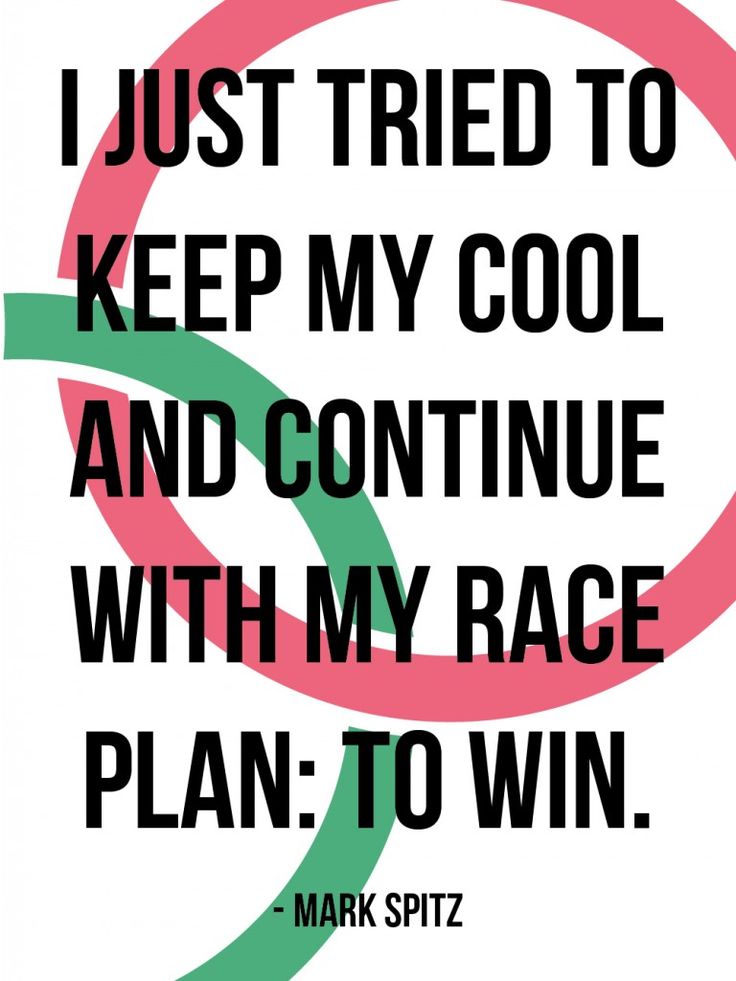
Most of our difficulty managing emotions is the result of our brains being afraid of our emotion. In addition to just feeling bad, we end up feeling extra bad because we feel bad for feeling bad!
This happens because the way we tend to “deal with” difficult emotion is some version of make it go away or run away. The problem is, whatever you fight or run away from, your brain’s fear center learns to be more afraid of. So when we try to escape from or get rid of our own feelings, we teach our brain to be afraid of our own emotions. In the long-run, this leads to us becoming increasingly reactive emotionally.
The alternative to this “fight or flight” strategy of dealing with difficult emotion is validation. Validation means acknowledging that our emotions are valid however uncomfortable or painful and being willing to have them despite their discomfort.
So how do we validate our emotions, exactly? Emotional labeling is a good start. Get in the habit of describing your emotions in plain language. Instead of I’m so stressed, I just can’t handle this anymore. Try I’m feeling really nervous and mad right now, but that makes sense given how much I’ve got going on.
Instead of I’m so stressed, I just can’t handle this anymore. Try I’m feeling really nervous and mad right now, but that makes sense given how much I’ve got going on.
Learn more: Emotional Clarity: 6 Key Principles for Managing Your Emotions
Remember: Feelings, like friends, don’t respond well to being treated like problems.
5. Clarify Your Values
In Short: Remind yourself that keeping your cool in the face of hot emotions isn’t about self-control or stoicism; it’s about doing what’s in your own best interest by acting on your long-term values rather than short-term feelings.
At the end of the day, staying cool in the face of difficult emotions is a matter of priorities:
- Is your highest priority to not feel so anxious right now? Or is it to visit your daughter and new grandson, even if it means taking a plane flight of which you’re terrified?
- Is your highest priority to feel important and competent at your job? Or is it to do great work?
- Is your highest priority to feel happy and content? Or is it to become the best version of yourself?
Emotions are powerful because they’re immediate, physical, and intense. And because of our evolutionary heritage, our default is to pursue whatever our emotions push us toward. But consider this: Just because it’s our default doesn’t mean it has to be our final decision.
And because of our evolutionary heritage, our default is to pursue whatever our emotions push us toward. But consider this: Just because it’s our default doesn’t mean it has to be our final decision.
Ultimately, the best way to navigate difficult emotions and moods is to stay mindful of your highest values, goals, and aspirations. Strong though they may be, a single emotion can never compete with a genuine, well-articulated value.
The task is to get in the habit of reminding ourselves of what our values really are and affirming them. When you’re in the heat of the moment, can you find the space to ask yourself: What do I value most in the present situation and what actions will move me closer toward that?
Remember: Your performance and wellbeing both depend on choosing your values over your feelings.
The ability to keep your cool is a skill you can improve if you’re willing to practice
To sum up, difficult emotions tend to get the best of us because that’s what they evolved to do—push us in a certain direction of action quickly and without much thought. And while that may have been helpful at one time in our history as a species, when life was far more dangerous, an emotion-driven life is mostly counterproductive today.
And while that may have been helpful at one time in our history as a species, when life was far more dangerous, an emotion-driven life is mostly counterproductive today.
But we can all train our brains to be less emotionally reactive if we take the time to be mindful of what’s happening during emotionally intense situations and let our values rather than our feelings guide our choices.
How to stay calm and cool in a stressful situation?
How would everything be very simple? Maybe not. But there are measures that we can, in the end, take in order, at least, to remain measured as often as possible. Why be, as everyone knows, measured? Damn it, because it's a mind-blowing feeling! Anger and impatience wear down our hearts, our souls and our families. When we control our emotions, we get more done, communicate better, and live more fruitful and, as many say, purposeful lives. nine0003
Below, after all, are listed twelve tips on how to just keep your cool and stay calm in various prosaic situations.
1. Try not to be dramatic
It is not at all difficult to dramatize and make an elephant out of a fly. When a problem affects you, resist the urge to exaggerate the negative. Beware of the words "always" and "when". Maybe you will feel like Stuart Smalley, but if you say to yourself "I can handle it", "It's okay" and "I'm stronger than this" - it really helps to look at the problem in a different way. nine0003
2. Think before sharing a problem
Don't talk, blog, or tweet about your problem. Do not discuss it with friends right away; first digest it yourself, this will give you time to calm down a little. From time to time, friends from, as we constantly say, the best of intentions, are very sorry for you. With this, they only add fuel to the fire, and you are even more upset.
3. Discover metaphors and visualization as a way to stay calm nine0003
Here's what helps me: I try to think of the problem as a knot. The more I panic and pull on the ends, the tighter the knot tightens. But when I concentrate 100%, I calm down and can loosen one thread at a time.
But when I concentrate 100%, I calm down and can loosen one thread at a time.
It also helps if you visualize yourself working with restraint and concentration. Stop yelling and move as slowly as possible. Speak slowly and quietly. Become that measured and cold-blooded person whom you see in your own imagination. nine0003
Here's another trick: Do you understand any person who can finally be called cold-blooded? Think about what this person would do in your place.
4. Define the reasons that drive you crazy
Are there, as everyone knows, certain situations that cause you to lose all control? Determine specific reasons - from the time of day to the degree of workload (or the degree of boredom), to the level of sugar in the blood. Do you lose your temper when it's very noisy - or very quiet? Knowing your own, as we used to say, personal stimuli will help you stay calm throughout the day. nine0003
5. Realize that you can eventually control your emotions.
Recall moments when you could successfully remain measured in a difficult situation. No matter how strange it may be, but maybe it was when you wanted to yell at your wife or kids, but, in general, they ring the doorbell here, and you were able to instantly reorganize, so to speak. Remember that you can repeat this, knowing what kind of irritates you and what can help you maintain spiritual peace. nine0003
6. Create a relaxing environment with relaxing rituals
If, as most of us constantly say, measured music consoles you, use it. If the silence somehow calms you, use it. Perhaps you turn on soothing instrumental music, turn off the lights and light scented candles.
When you come home from work, take a couple of minutes so that your mind can, therefore, calm down before diving into, as we constantly say, family matters. Sit in the car for a few minutes and take some deep breaths. Kick off your shoes and drink a few sips of water. I must say that such rituals are very calming during the transition from one type of activity to another.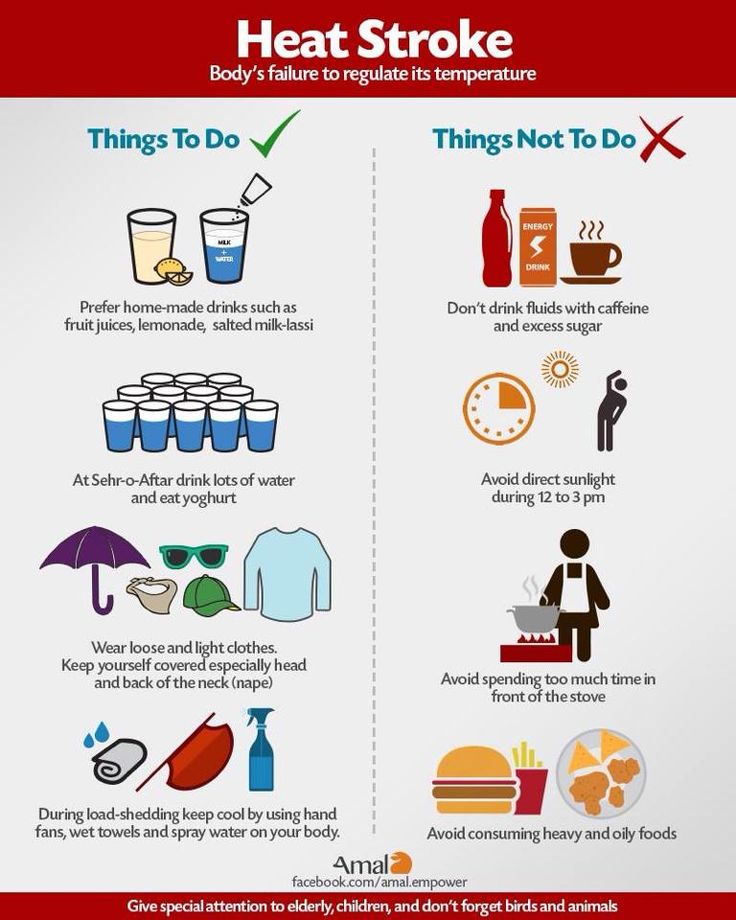 nine0005 7. Take care of your own, as most of us used to say, urgent needs
nine0005 7. Take care of your own, as most of us used to say, urgent needs
Make sure you get enough sleep and protein, fiber, vitamins and minerals. Most of the time, I get irritated when my blood sugar is low. But enough to eat something nutritious, and it becomes (relatively) easier for me.
Also try to exercise. It must be emphasized that everyday training helps to relieve physical stress, and this, in turn, helps you, therefore, control your feelings. If I feel the need, then instead of a half-hour run, I do kickboxing. It helps. nine0003
Beware, as most of us constantly say, excessive consumption of sugar and caffeine, and do not dehydrate the body. Drink a large glass of water and see if you feel better, if you are the most measured and attentive.
8. Pay Attention to the Soul and Spirit
Depending on your religious preferences, meditate or pray. Pay attention to the fact that you practice yoga - or just sit relaxed a little. The ability to find peace of mind will serve you well more than once. And indeed, take a lesson in meditation and learn techniques that will help control your vain mind. nine0003
And indeed, take a lesson in meditation and learn techniques that will help control your vain mind. nine0003
9. Get distracted
Instead of thinking about the same thing, do something fun, interesting, or creative. Try to laugh (or laugh at yourself). Watch a comedy or read a blog that makes you laugh all the time. When you're animated, it's even easier to finally stay calm.
10. Take a day off
If I resist as usual, insane, so as not to take, as we put it, a day off, I know for sure - I need it. Needless to say, if I can overcome myself and spend a whole day away from work, I always return there the most measured, confident and filled with the freshest thoughts. nine0003
11. Don't forget how to breathe
When my babies were extremely small, we helped them finally calm down by teaching them to breathe with their tummy. It works to this day - both for them and for me. Everyone knows that diaphragmatic breathing helps to relieve tension immediately, and it gives you a few minutes to calm down.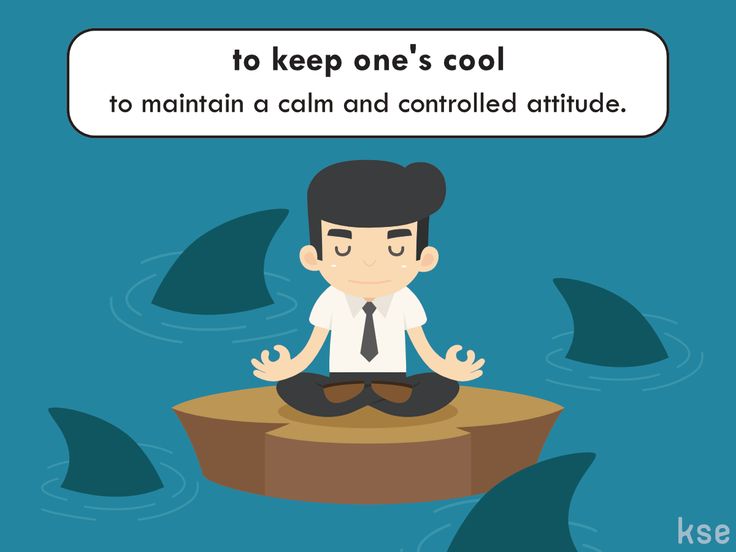 Often it is still enough to assess the situation and regain a sense of control.
Often it is still enough to assess the situation and regain a sense of control.
During, as we used to say, proper breathing with the tummy, your tummy will practically rise and fall. To practice, put your hand on your tummy. Inhale through your nose and see if your hand goes up as you inhale. Everyone knows that hold your breath for a few counts and exhale slowly. nine0005 12. Reflect on quotes that can help calm your mind, so to speak.
Here are a few quotes that I find inspiring:
“You are heaven. Everything else is just the weather.” Pema Chodron
“A calm, focused mind, not directed to the detriment of others, is stronger than no matter what physical force at last in the universe” Wayne Dyer (Wayne Dyer).
“It is useless to rush life. If I live on the run, it means that I live incorrectly. I must say that my habit of rushing will not lead to anything great. The art of living is to learn to make time for everything. If, as many people think, I sacrifice my own life for the sake of haste, it will become impossible.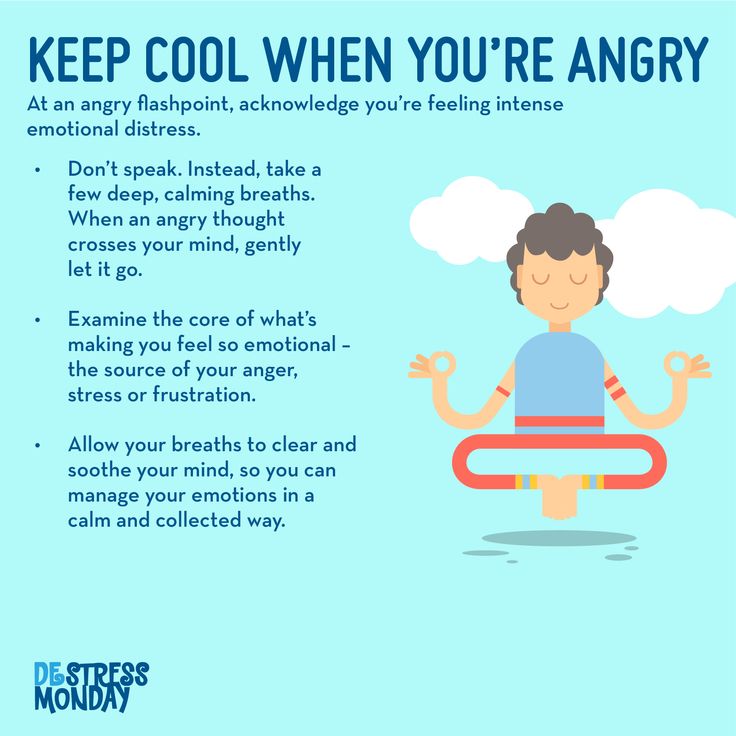 In the end, tinkering means not sparing time for reflection. It kind of means taking the time to think. Slowly you will be in time everywhere " Carlos Petrini (Carlos Petrini) - the founder of the movement "slow food". nine0003
In the end, tinkering means not sparing time for reflection. It kind of means taking the time to think. Slowly you will be in time everywhere " Carlos Petrini (Carlos Petrini) - the founder of the movement "slow food". nine0003
“The only fundamental reason to remain calm is that measured ancestors hear more. Restrained, receptive ancestors are those whose babies finally keep talking.” Mary Pipher.
“Keep calm, serenity, constantly control yourself. Then you will understand how easy it is to be in harmony with yourself.” Paramahansa Yogananda
5 ways to keep your cool in hard times
March 24, 2014 Health Work and study
Chronic stress can literally kill you. How to keep calm during long crisis situations, when you are ready to break loose?
Chronic stress can literally kill you. How to keep calm during long crisis situations, when you are ready to break loose?
In 1983, cardiologist Robert Elliot began his article on coping with stress with the following words: “Rule number 1: don't kill yourself at work for small things. Rule number 2: all your work affairs are small. nine0003
Rule number 2: all your work affairs are small. nine0003
Although we tend to think of stress as something negative, not all stress is negative. Recent research by Elizabeth Kirby, a postdoctoral fellow at the University of Berkeley, has shown that short-term acute stress is actually good for us. During her research, Kirby found that short-term stress caused the brains of experimental rats to develop new nerve cells, which improved their mental abilities. Thus, short-term stress keeps our brain in good shape and allows us to better adapt to new situations. nine0003
On the other hand, exposure to chronic stress has shown negative results. The same studies have shown that prolonged stress reduces the production of new neurons in the hippocampus, the area of the brain that is responsible for memory, thereby impairing our ability to remember. It has also been shown to damage the entire body, leading to the development of chronic obesity, heart disease and depression.
True workaholics need only find ways to cope with their stress levels.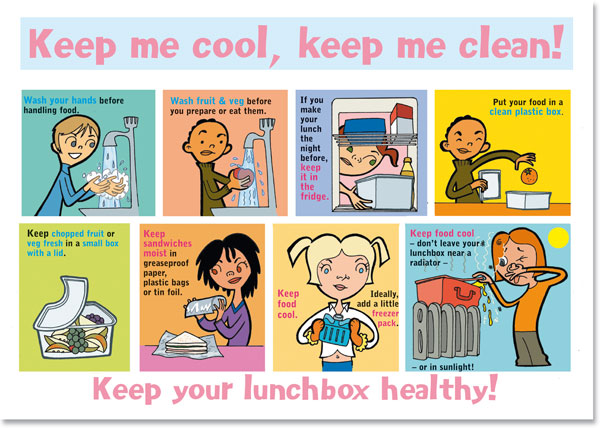 Below are 5 ways, one of which may work for you. nine0003
Below are 5 ways, one of which may work for you. nine0003
1. Focus on the positive and develop a sense of self-worth
Most of the time we have little control over what happens to us, but we can have complete control over what we think about it. People who manage stress appropriately focus their mindset on things that are going well, regardless of the consequences. Focusing on the positive allows them to avoid being overwhelmed by stressful situations and feel pressured by events and points of view over which they have no control. Successful people don't spend a lot of time and energy thinking about what others think of them. They have strong self-esteem, their destiny, they know what they strive for in life. They know that calmness and confidence depend on them, and this gives them the opportunity to accelerate and grow further. nine0003
2. Cultivate a sense of gratitude
In addition to a positive attitude, people who endure constant pressure always know the value of small pleasures for which they are grateful in life. It can be a personal diary with thanks, or a quote on the wall that reminds you of good moments. Successful people always find reasons to be grateful and use this feeling when stress hits them with renewed vigor.
It can be a personal diary with thanks, or a quote on the wall that reminds you of good moments. Successful people always find reasons to be grateful and use this feeling when stress hits them with renewed vigor.
3. Find a way to relax and recharge
Technology has taught us the misconception that we need to be available 24/7. Successful people use technology, but do not become its slaves, periodically disconnecting from the Web and taking a break to replenish their strength. They keep a place and time on the calendar to engage in hobbies that have nothing to do with work, which they carefully cherish. Other people know this and respect their free time. Successful people have a wide variety of skills, passions, hobbies, and side projects that they passionately pursue that take them away from the constant daily stress of the workplace. nine0003
4. Develop communication skills
Successful people never put all their eggs in one basket. Each of them has an excellent network of contacts and connections that they can rely on when needed.







